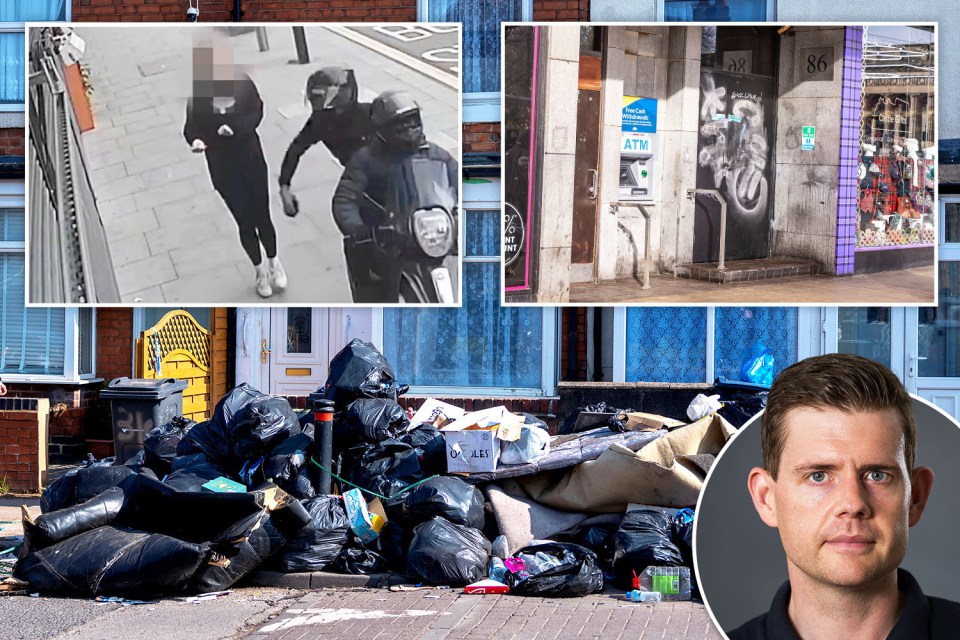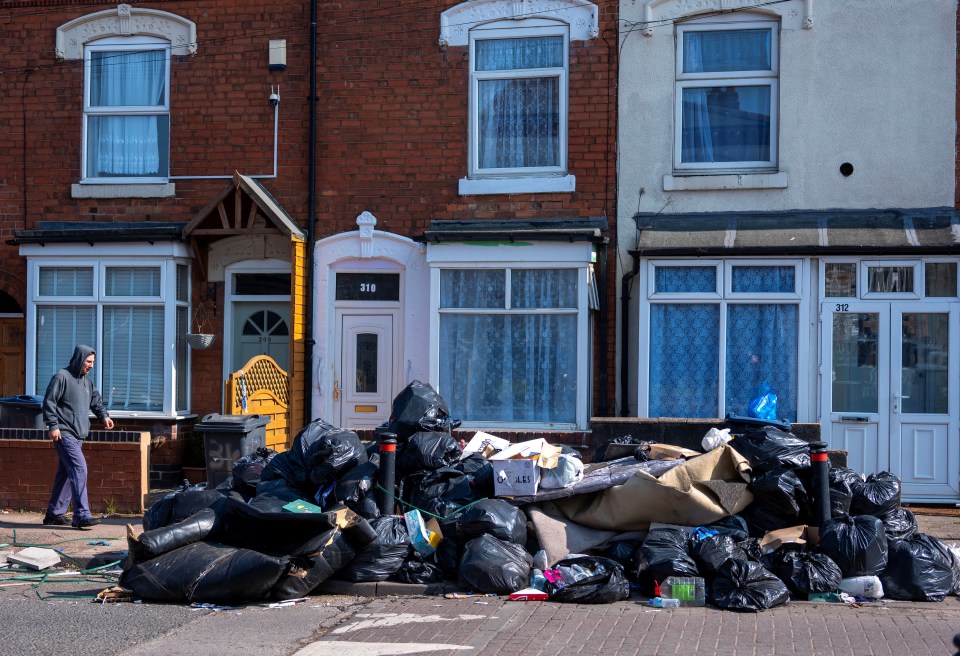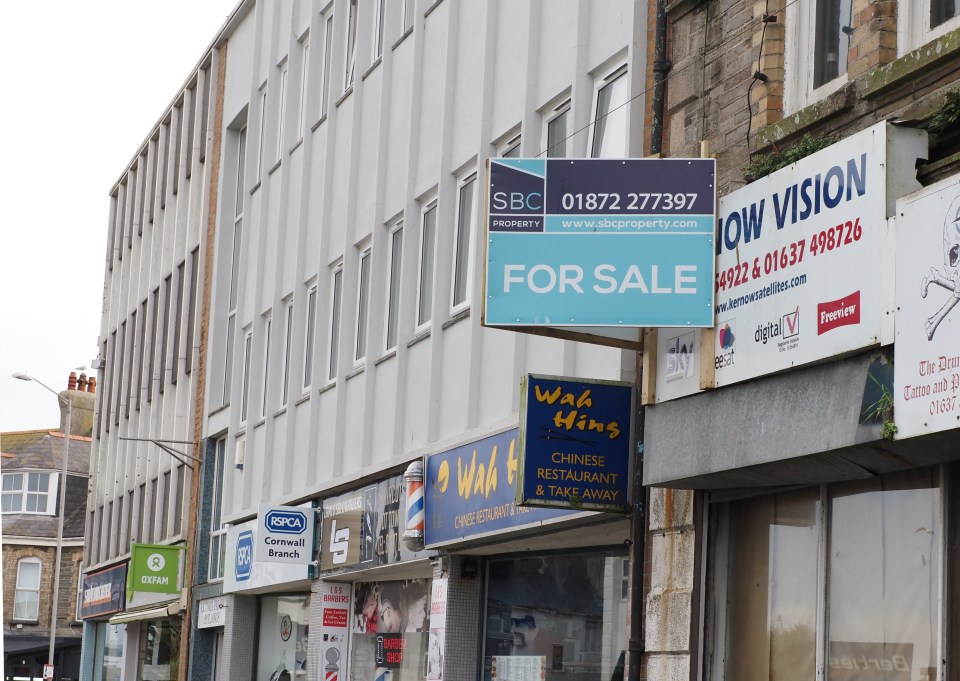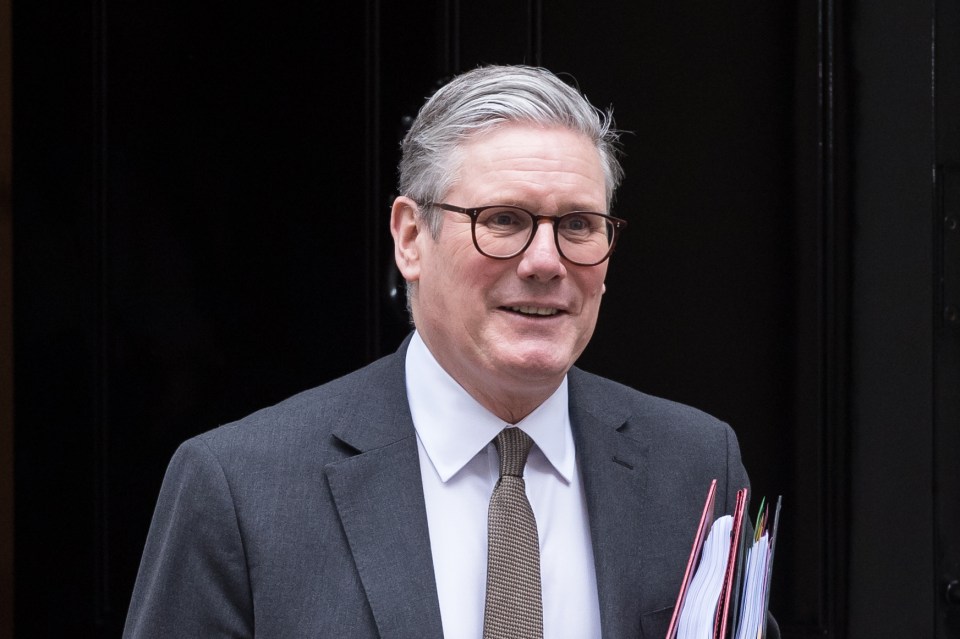The economy is in a dire state. Growth has plummeted, our national debt is spiraling out of control, productivity levels are dismally low, and living standards are increasingly declining. Confidence has eroded, and for the majority of us, the dream of prosperity feels increasingly unattainable. Our public services are a laughingstock—rubbish collection has become sporadic, leaving our cities resembling disaster zones. Crimes such as shoplifting and gang violence seem to have been tacitly legalized.
Unless we urgently and radically alter our course, the future prospects appear even grimmer. As I walk through the streets of Britain today, I am overwhelmed by a mix of despair and embarrassment. The streets are littered with debris, public transport operates erratically, and when it does function, it’s often in a state of disrepair.
Crimes such as shoplifting, drug use, and gang violence create an atmosphere of fear and anxiety. Our public services are failing. Major cities like London and Birmingham are struggling; in fact, rubbish collection has become so unreliable that it has turned parts of these cities into disaster zones. Furthermore, illegal immigration continues to challenge our laws, costing taxpayers an estimated £7 billion annually. Amidst all this chaos, hardworking, tax-paying, law-abiding citizens feel as if they are being exploited—and they are.
The only certainty I hold is that while the present feels worse than the past, the future, unless we make urgent and radical changes, will likely be even bleaker. I am clearly not alone in this sentiment. There is a growing exodus of wealth creators, entrepreneurs, investors, and millionaires fleeing the country. Many of us openly discuss the desire to relocate to more stable environments, such as Dubai or various European nations. Millions are beginning to believe that Britain is no longer functioning effectively.
Recent alarming statistics underscore this growing discontent. It has taken Keir Starmer just six months to create a mess of the UK, and Rachel Reeves, the Labour Chancellor, has proven ineffective at resolving these issues. Despite promises to “go for growth” during the General Election last year, our growth forecasts have been halved, now languishing at a mere one percent, while inflation rates are projected to hover around three percent.
In essence, Britain finds itself trapped in a dismal cycle of stagnant growth, persistent inflation, low productivity, and an overwhelming mountain of costly debt.
No Room for Maneuver

Consider this staggering statistic: this year alone, taxpayers will spend £105 BILLION—equivalent to £9 billion every month—just servicing our national credit card. This exorbitant cost is merely for paying off the interest on debt accumulated from extended Covid lockdowns, the war in Ukraine, and the failure of our politicians to manage our nation’s finances responsibly.
This amount surpasses our combined spending on national defense, the Home Office, and the justice system. It is utterly insane. This financial reality is a significant reason why Labour Chancellor Rachel Reeves finds herself with almost no latitude in her fiscal policy.
Having already presided over substantial spending increases and tax hikes in her Budget last autumn—detrimentally impacting businesses and eroding whatever remaining confidence existed in our economy—Reeves was forced this week to announce further drastic spending cuts, including reductions in welfare, to stabilize our shaky national finances.
Unsurprisingly, public sentiment is far from positive. According to YouGov, only 11 percent believe Reeves is performing “a good job,” while another poll recorded her approval rating at a staggering minus 37.
The ‘Meghan Markle of Politics’

This makes Reeves the most unpopular member of the Cabinet, placing her in a category comparable to Meghan Markle in the national popularity ratings—an unfortunate position. Similarly, the majority of the populace does not view the Labour government favorably. Nearly three-quarters—73 percent—believe Keir Starmer’s party is managing the economy “badly,” while two-thirds feel Labour is failing to address inflation effectively.
In short, Labour has lost the public’s trust. Voters are tuning out and disengaging. A significant shift has occurred as well; the percentage of voters who perceive Labour as “taxing and spending too much” has surged from 28 percent last year to 41 percent today. Only about one in ten believe the party has struck the right balance.
Most people report they are “finding it difficult” or merely “coping.” The reality for many is that they are merely existing, not truly living. When pollster Ipsos asked people about their well-being since Labour took office, a mere 14 percent indicated they felt “better off.” The majority expressed that they are struggling to get by.
But this disillusionment extends beyond just the Labour government; many believe that no political party has the solutions to Britain’s mounting problems. There is a profound sense of systemic collapse in public trust and faith in the entire political apparatus.
Most citizens are convinced that no one in Westminster can resolve this mounting crisis. Distrust and disillusionment with the nation’s direction and leadership—regardless of whether they belong to Labour or the Conservatives—are alarmingly prevalent. Almost no one anticipates economic improvement in the coming years; fewer than one in five expect conditions to get better.
It seems that most individuals are firmly convinced that the future will be worse than the present, leading them to brace for impact, turning away from political leaders and, more critically, relinquishing hope that Britain can provide a good, prosperous life.
Even fewer believe that the Conservatives would do a better job if given the opportunity. When asked if they believe the Conservative Party could outperform Labour, most simply shrugged, saying, “Not really.”
‘Nobody is Popular’

In fact, when it comes to addressing issues like reducing poverty, creating jobs, assisting people onto the housing ladder, improving living standards, tackling the deficit, or controlling prices, the most popular response remains “none of them.”
Only a small fraction of voters support either of the two major parties as capable of rectifying the current disaster. A look at the net approval ratings of every prominent politician in Westminster reveals they are all in “net negative” territory—disliked by more voters than those who support them.
No one is resonating with the public. No one is inspiring hope or confidence. Westminster appears increasingly disconnected from the realities of everyday life.
This pervasive sense of apathy and estrangement from the political elite is not limited to economic issues; it permeates reactions to various pressing concerns dominating the national agenda. Be it the challenges of curbing legal immigration, halting the small boats, or addressing rising crime rates, a significant portion of the population no longer believes there is anyone within the establishment—on either side of the political spectrum—capable of solving these pressing issues.
Dire Direction

Instead, there is a shared perception among the populace that we are all adrift in a fragile, deteriorating boat on turbulent seas, lacking a captain, while terrifying waves batter us relentlessly.
This realization is my primary concern. It transcends the current economic malaise and the failures of Rachel Reeves and Labour to find solutions. It represents something much deeper, potentially far more disruptive and damaging.
There is an overwhelming, palpable sentiment among millions of ordinary citizens that those in power no longer have a grasp on the situation. The inability to navigate our high-tax, high-spending, high-welfare, high-state, high-Net-Zero, and high-immigration economy is increasingly evident, as it continues to erode our wealth and push the nation toward managed decline.
No one seems capable of stopping the boats. No one can lower immigration rates. There is little to no action taken against the normalization of crime, illustrated by alarming online footage of armed gangs and the fact that 70,000 smartphones were stolen in London last year.
The health service remains in disarray. There is a pervasive cultural decay and sense of malaise that has settled across these islands. And it appears that no one can reverse the very visible, managed decline of our once-great nation.
This sentiment, I believe, is what is leading us all toward a perilous crossroads.






